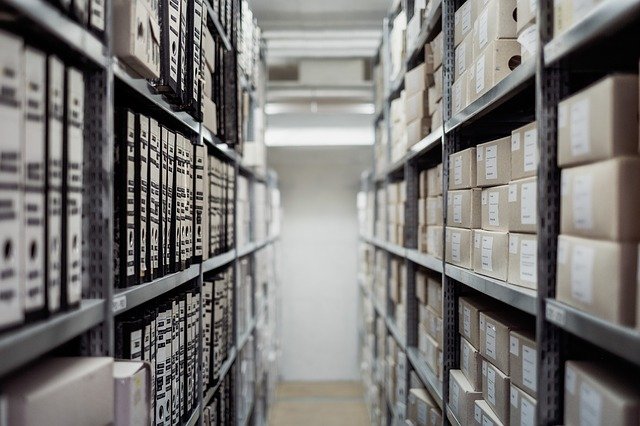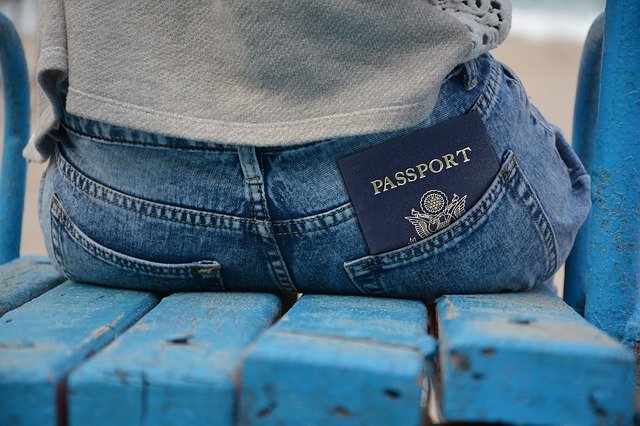Your and your family members’ data is important for many reasons, as is keeping it safe. There are many situations when being able to quickly access secured information about yourself or a family member could be very important. In the modern world where we use and share more personal information than ever before it is very important to be both organized and vigilant with your data. Read on for a deep-dive on why this is crucial, how it can affect you, and how to keep everything safe.

What Documents Are Important And Why
Let’s discuss what type of information you should be storing and protecting, and why you should do so. No one likes to think of family disasters, bereavements, or emergencies, but sadly these are things you should prepare for. Keeping some kind of family document organizer will prove essential in these situations. Below we will share a few scenarios where this could save you time, effort, and money.
Bereavements
Nobody wants to consider their own death or the death of a loved one. Unfortunately, these are scenarios that can arise at unexpected times, leaving you or your family shocked and upset. To add insult to injury, after death there is a considerable amount of paperwork to be completed, filed, or duplicated. One key document which you should have drafted and secured is a will. Your will declares to whom your assets will be passed on in the event of your death. This makes things a lot easier for everyone to sort out. After death, things like bank accounts, phone contracts, or mortgages also need to be canceled or transferred to a family member. Therefore, you should always securely keep a copy of the information for each account you own.
Fire or Home Damage
Another unfortunate but possible event in your life could be damage to your home. If there is a fire you can be left with damaged possessions, loss of property, or nowhere to live. In this case, it is important to have a copy of any insurance documents you have, as well as copies of any proof-of-ownership documents for any valuable items. Copies of these documents should be kept somewhere secure outside the home in case they are lost in a home fire.
Family Illness
If you have a family member with a long-term illness, or even who becomes suddenly ill, you should keep records of all their treatment and medications. You should do this for a few reasons. Firstly, it helps you understand everything that has happened with their treatment and if you move doctor you can share all the records you have kept. Also, in the unlikely event of your death or inability to care for your family member, these records will assist someone else is taking over their care.
We should also mention a few other important documents you should definitely store and protect:
Tax Returns
At any time you can be asked to prove that you have paid adequate tax in previous years. Keeping copies of your tax returns and bank statements will mean you or your accountant are able to quickly show prior tax records. This is especially important if you are self-employed or own your own business.
Birth Certificates
Birth certificates can be used to prove identity in many situations such as applying for passports or claiming benefits. Everyone has a birth certificate, but many don’t think to protect theirs. If you do ever find that you need it you will be pleased you kept it somewhere safe and secure.
Passports
Your physical passport should be kept safe at home or on secured premises. We also recommend making copies of your passport. Although you will not be able to use a photocopy or scan of your passport for travel, having copies can come in extremely useful. If you lose your passport while abroad, a copy can help you get home by proving your identity and obtaining emergency travel documents. It is also useful to present copies of such documentation when hiring cars, opening bank accounts, and more.

Types Of Storage
Let’s discuss where and how you can safely protect all the documents listed above. There are three main safe options here. We recommend you use a combination of any and all of them, whichever feels safest to you, though they are all completely adequate solutions.
-
Online Storage
The most modern and often spoken of storage is online. There is a multitude of options for secure online storage. Many device manufacturers also offer a cloud-based storage option with their products. This means you can store your files on your own computer as well as digitally online in a password-protected folder. This requires you to organize your own online filing cabinet.
If you do not want to be responsible for this organization, there are plenty of other solutions. Nowadays, many companies have developed desktop and mobile apps to assist you. In these systems, you simply have to scan or photograph your documents and they are automatically filed for you in the secure platform.
-
Home Storage
The original, and sometimes the best. When storing your personal documents at home you need to consider how you are filing it. A simple filing box can be very cheap and as long as your house is secure you would assume your documents are too. However, for extra security, you can consider fire-resistant filing cabinets or safes.
-
Safety Deposit Box
Though not as commonly used these days, safety deposit boxes are still a great way to keep things secure and accessible at important times. Safety deposit boxes are provided by specialist stores or banks and can come in a variety of costs and sizes. This means you can have a box big enough for lots of documents or a smaller sized box for keeping just your most valued paperwork.
So, now we have discussed all these key documents, how to keep them, and where to keep them, you should have everything you need to get started on organizing and protecting your family’s data. If you have documents scattered across your house and workplace, start to collate them all and make sure they’re all safe. You won’t regret it when the time comes to need them.










